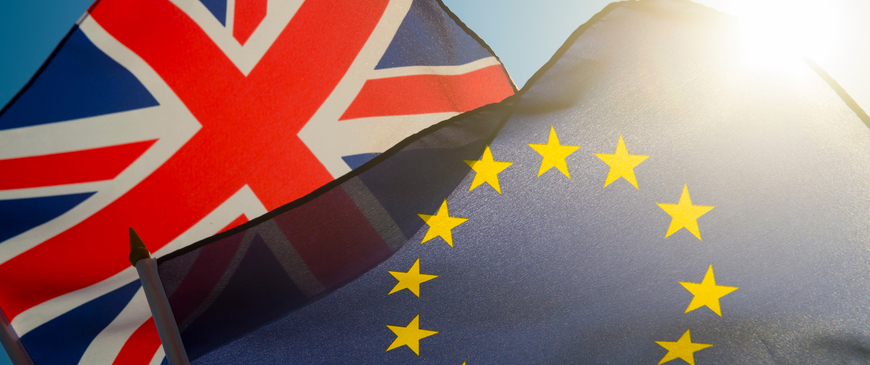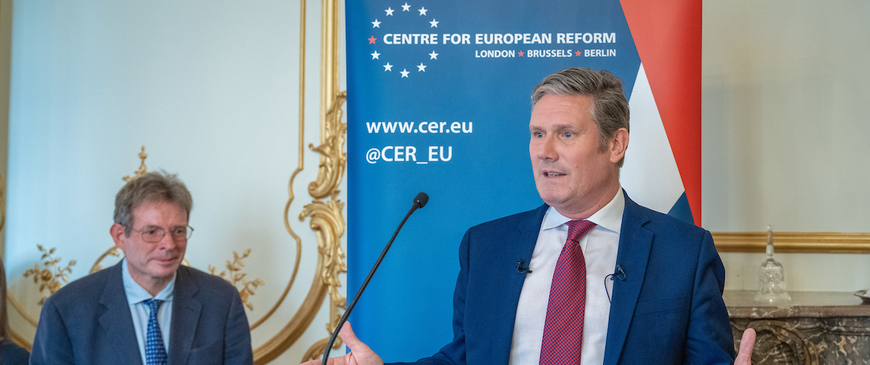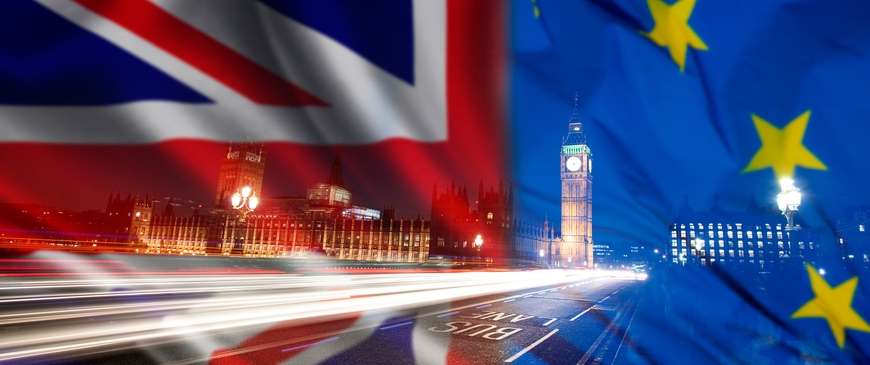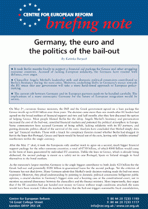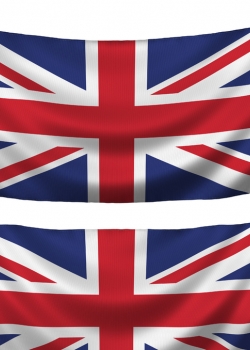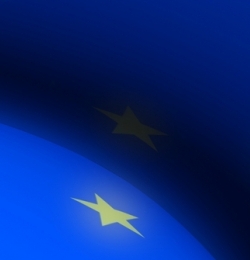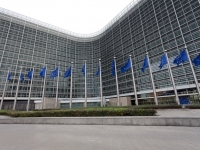Britain & EU member-states
Europe dances to Germany's tune
03 November 2010
For much of this year, the response of European leaders to the eurozone crisis has been hesitant and fractious. But when the European Council met in Brussels on October 28th and 29th, the EU appeared to be acting with greater purpose and sense of direction.
Britain's defence review: Good news for European defence?
28 October 2010
On October 19th, the UK's coalition government published its 'strategic defence and security review' (SDSR), laying out the future shape of Britain's armed forces. As was to be expected at a time of budget austerity, the SDSR foresees significant cuts in military capabilities.
The political consequences of the euro crisis
01 October 2010
The eurozone crisis is changing the way the EU works. It is reinforcing a number of trends that had already been visible over the last decade or so: a shift towards a Union in which governments are in the driving seat, large countries matter more than small ones, and more decisions are taken by subsets of member-states.
Has Germany become Europe's locomotive?
02 September 2010
The German economy has been growing exceptionally strongly of late. In the second quarter of 2010, it expanded faster than any other economy in the G7 and faster than at any time since the country’s reunification in 1990.
Germany, the euro and the politics of the bail-out
28 June 2010
Germany agreed to support its eurozone partners only slowly and reluctantly. Domestic political constraints and Angela Merkel's caution were partly to blame.
Will the Conservatives' charm offensive endure?
01 June 2010
The Eurosceptic conservatives are back in power, yet the government they lead is courting Britain's EU partners. In their early meetings with European leaders, David Cameron and his senior ministers have been all smiles and politesse.
Issue 72 - 2010
28 May 2010
- Will the Conservatives' charm offensive endure?, Charles Grant
- The euro's reality gap, Simon Tilford
- Russia and the West: Is the reset working?, Katinka Barysch, Tomas Valasek
The dangers of a disgruntled Germany
07 May 2010
Germany has finally agreed to help bail out Greece. The negotiations were acrimonious and took months. Angela Merkel’s hesitation and prevarication have increased the cost of the bail-out and unsettled financial markets.
Clameronism
21 April 2010
Britain's 'national government' of 2010 was not unprecedented. Britons had accepted patriotic coalitions before during the First Great Recession and Second World War. Still, David Cameron's Conservatives fought hard in the aftermath of that year’s general election to preserve a minority government propped up by an unlikely assortment of regional parties and independents.
Should Britain leave EU police and justice policy?
01 April 2010
Despite its narrowing lead in the opinion polls, the Conservative Party is still likely to form or lead the government after Britain’s general election in May.
Why Christine Lagarde is right about Germany
26 March 2010
Greece’s recent fiscal travails have, slightly unexpectedly, thrown the spotlight on Germany’s current-account surplus. In mid-March, France’s finance minister, Christine Lagarde, urged Germany to do more to boost domestic demand – a call echoed by the European Commission’s president, José Manuel Barroso.
Britain explores sharing defence equipment with Europe
15 February 2010
With its public finances under growing strain, Britain may soon be forced to look at saving defence costs by pooling its military assets with those of its allies. The decision will not be taken until after the next general election (which will probably be held in May 2010). In the meantime, however, the issues at stake have been set out in a report published by the ministry of defence on February 3rd.
An open letter to David Cameron
01 December 2009
Dear David,The day after the Czech Republic became the last country to ratify the Lisbon treaty, you abandoned your pledge to hold a referendum on it and you unveiled a new EU strategy that is skilfully balanced.
Cameron's Europe: Can the Conservatives achieve their EU objectives?
01 December 2009
David Cameron, the leader of Britain's Conservatives and perhaps its next prime minister, has unveiled a new strategy for the European Union.
Issue 69 - 2009
27 November 2009
- An open letter to David Cameron, Charles Grant
- Sharing the burden of a weaker dollar, Simon Tilford
- Ukraine and the EU: A vicious circle?, Tomas Valasek
What Eastern Europe can learn from the crisis
11 November 2009
It is 20 years since the Berlin Wall crumbled and political and economic freedom started spreading through Eastern Europe. Today, however, the region is mired in deep recession.
What to do about the Lisbon treaty? Four options for the Conservatives
02 November 2009
The Lisbon treaty will be in force before the next British general election, which the Conservatives seem likely to win. The Conservatives will need to tell the world what they intend to do about a treaty they have vehemently opposed. Charles Grant's policy brief outlines four options for the Conservatives:...
Greece: Nowhere to hide
08 October 2009
The Greek economy is on a very dangerous course. Unless the government takes steps to boost productivity and strengthen public finances, Greece faces a bleak future.
The Czechs will probably ratify the Lisbon treaty this year
02 October 2009
Any prediction about the timing of the Czech Republic’s ratification of the Lisbon treaty must be heavily qualified; politics in Prague are so complex and opaque that many Czechs find it hard to understand what is going on.
Britain must pool defence capabilities
01 October 2009
Britain’s current approach to defence is unsustainable. Ambitious operations in Afghanistan and Iraq, coupled with expensive weapons programmes, have fed a defence budget deficit that is forecast to be £2 billion a year by 2011-2012.


